Latest Posts
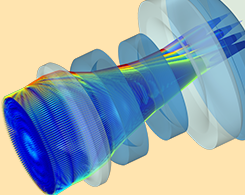
Zooming in on a Compact Camera Module Design with Simulation
Lights, camera, simulation: Read about factors that help define the performance of compact camera modules (CCMs) as well as how optical ray tracing can be used to analyze their design.
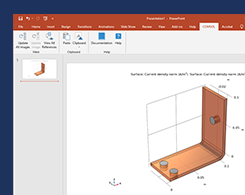
How to Link COMSOL Graphics to Microsoft® PowerPoint®
Did you know that you can easily import, update, and replace model images from COMSOL Multiphysics® in your Microsoft® PowerPoint® presentations?
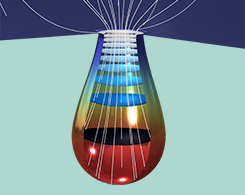
Modeling Pitting Corrosion in COMSOL Multiphysics®
When the process of generalized corrosion is allowed to continue, the initialization of a pit may occur on the metal surface, which is also referred to as the Evans drop experiment.
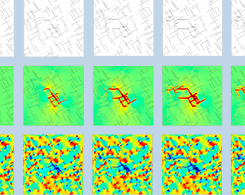
Fully Coupled Hydromechanical Modeling of Fractured Media
Dr. Qinghua Lei of ETH Zürich demonstrates a novel method for modeling fully coupled hydromechanical processes in fractured media with 2 examples: fluid injection and underground excavation.
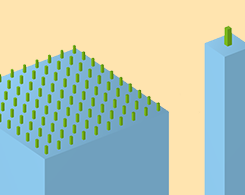
Designing Antireflecting Microstructures for Infrared Applications
Explore how 2 microstructure designs can improve the bulk transmittance of silicon (~70%) and cadmium zinc telluride (~79%) to more than 90% within the specific wavelength spectrum.
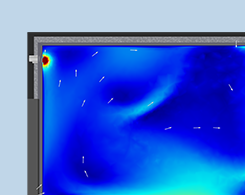
Fine-Tuning an HVAC System Design with Simulation
Do you find your office too hot, too cold, or just right? Using simulation, HVAC system engineers can assess indoor climate conditions and ensure maximum comfort among a building’s occupants.
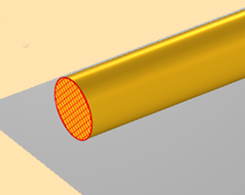
Voltage and Ground When Modeling Wave-Like EM Fields
We continue our discussion of voltage and ground by defining and interpreting these terms for sinusoidally time-varying electromagnetics models.
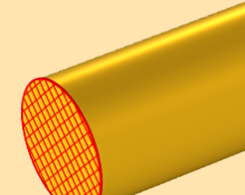
Do Voltage and Ground Exist?
Remember how the terms “voltage” and “ground” were taught in your university electrical engineering classes? Get a precise definition (in terms of modeling computational EM problems) here.
